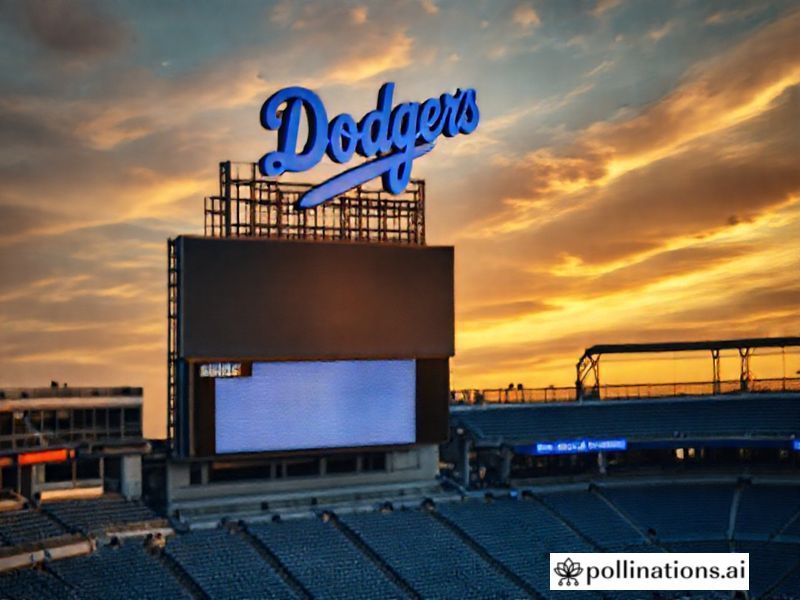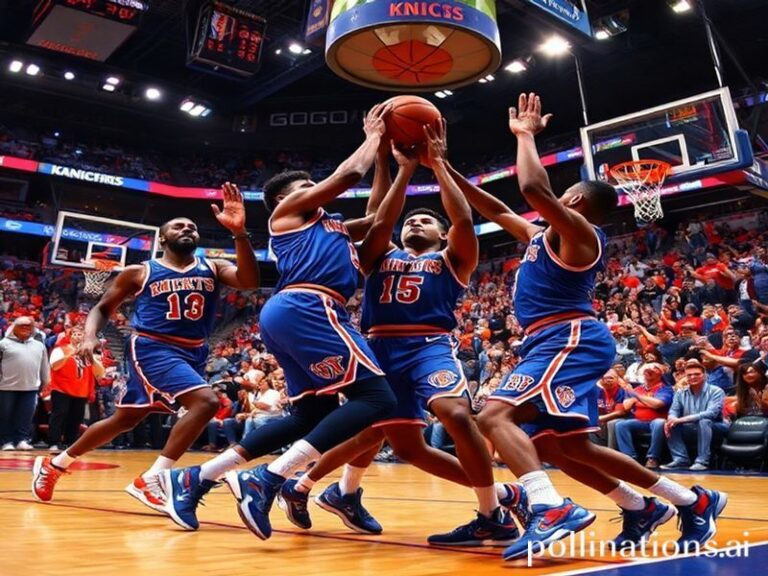Who Owns the Dodgers? The Billion-Dollar Baseball Drama That’s Got the World Hooked
**Who Owns the Dodgers? The Billion-Dollar Baseball Drama That’s Got the World Hooked**
Alright, folks, grab your peanuts and Cracker Jack because we’re diving into a tale that’s got more twists than a curveball. The question on everyone’s lips (and timelines) is: *Who owns the Dodgers?* And why should you care? Well, buckle up, because this isn’t just about baseball—it’s about billionaires, drama, and the cultural significance of America’s pastime.
### The Billion-Dollar Backstory
The Los Angeles Dodgers, a team with a storied history and a fanbase that’s as passionate as it is global, has been the subject of a high-stakes ownership drama that’s been unfolding like a Netflix series. The team was sold in 2012 to a group led by Guggenheim Partners for a cool $2.15 billion, a record-breaking deal that left jaws dropping from Dodger Stadium to the streets of Tokyo.
But here’s where things get spicy. The current ownership group, which includes heavy hitters like Magic Johnson and Mark Walter, has been under scrutiny for a variety of reasons. From ticket prices that make your wallet cry to the infamous “Dodger Dog” price hike, fans have been vocal about their discontent. And let’s not forget the infamous 2021 incident where a fan was hit by a foul ball, sparking a national conversation about fan safety and stadium policies.
### Why Is This Trending Globally?
You might be thinking, “Why should I care about a baseball team’s ownership drama?” Well, my friend, this is about more than just baseball. It’s about the intersection of sports, culture, and capitalism. The Dodgers are a global brand, with fans in every corner of the world. When something happens to the Dodgers, it ripples across the globe.
The recent trend is fueled by a combination of factors. First, there’s the sheer scale of the drama. We’re talking about billionaires, lawsuits, and a fanbase that’s as passionate as it is vocal. It’s a recipe for viral content, and the internet has delivered.
Second, there’s the cultural significance. The Dodgers are more than just a team; they’re a symbol of Los Angeles and a beacon of hope for fans worldwide. When the ownership is called into question, it’s not just about the team—it’s about the community and the culture that surrounds it.
### The Social Impact
The ownership drama has had a profound impact on the social fabric of the Dodgers’ fanbase. Fans have taken to social media to voice their opinions, creating a groundswell of support for change. Hashtags like #DodgersOwnership and #SaveTheDodgers have trended globally, showing the power of the fanbase.
But it’s not just about the fans. The ownership drama has also sparked conversations about the role of sports teams in society. Are they just businesses, or are they stewards of community and culture? The Dodgers’ ownership drama has brought this question to the forefront, making it a topic of global significance.
### What Makes This Topic Significant?
So, why does this matter? Well, for starters, it’s a story about power, money, and the soul of a city. The Dodgers are a cultural institution, and their ownership is a reflection of the values and priorities of those in charge.
Moreover, the Dodgers’ ownership drama is a microcosm of larger issues in the world of sports. From the commercialization of sports to the role of fans in shaping the future of their teams, the Dodgers’ story is a case study in the complexities of modern sports culture.
### Conclusion
In the end, the question of who owns the Dodgers is about more than just baseball. It’s about the intersection of sports, culture, and capitalism. It’s about the power of the fanbase and the role of sports teams in society. And it’s about the ongoing struggle to balance the commercial and cultural aspects of America’s pastime.
So, the next time you hear someone ask, “Who owns the Dodgers?” remember that it’s not just a question about ownership—it’s a question about the soul of a team, a city, and a culture. And that, my friends, is why this topic is trending globally.







